Buying “as is” without a home inspection?
Buying “as is” without a Home Inspection
Disclaimer- The inspiration for this article is several recent clients are getting post closing home inspections only to find out the lemon they bought makes for very expensive lemonade.
The process of near-endless check writing starts after your bid to buy a home is accepted into a real estate purchase contract. There are several required costs, such as realtor and lawyer fees, and the sum of these expenses may have you searching for ways to save money elsewhere. In a booming market with scarce available and multiple offer situations your buyer’s may be inclined to not have the contract contingent on a Home Inspection. This article will explain the importance of getting a home inspection in an “as is” scenario regardless of the contract contingencies and how the required costs may far exceed your expectations.
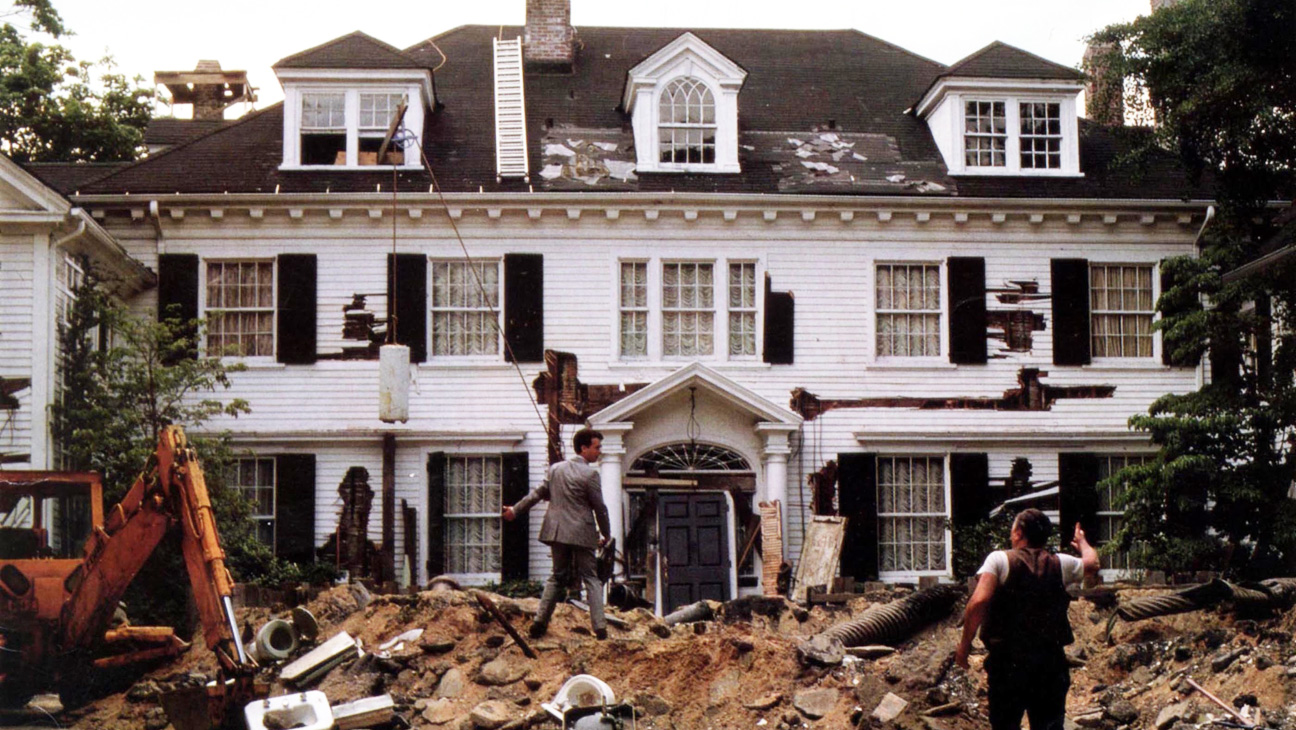
- “As is” could be a “money pit”
No one can be forced to buy a home, and there are lemons everywhere. A quality home inspection may disclose important details about the condition of a home and its systems and more importantly a repair budget. The buyer is aware of what costs, repairs, and maintenance the home can require immediately and over time. If a buyer isn’t happy with the home inspection results, it normally offers one last chance to back out of the offer to purchase with the potential to lose their earnest money. However, This phase is vital when buying a property because it will potentially save you tens of thousands if undisclosed defects are found down the road.
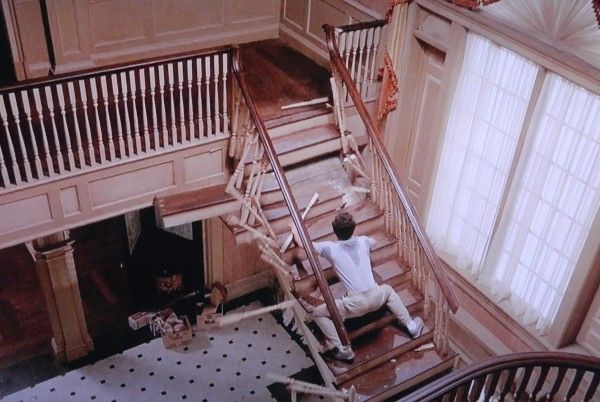
- Safety
A home inspection can detect safety hazards, mold, carbon monoxide and other air quality problems, which all homes should be inspected for. Be sure that your home-buying contract specifies that such hazards can be observed, and you have the option to cancel the offer to purchase. Regardless of what is stated in the purchase agreement, you can never be forced to purchase unsafe or unhealthy home.
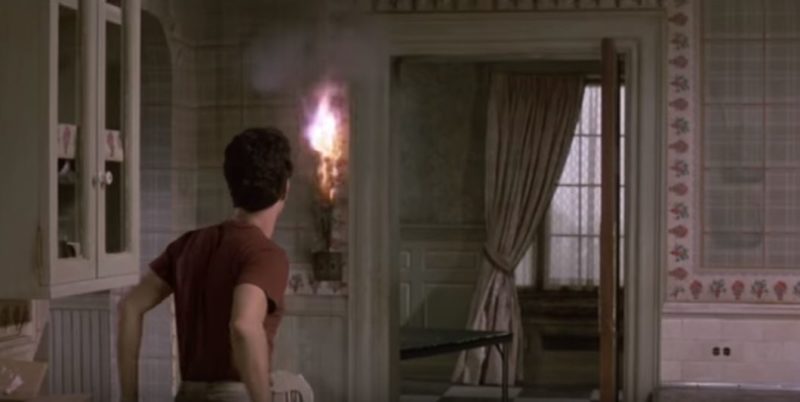
- Reveal unauthorized modifications or installations
A home inspection will show whether additional rooms, altered garages, decks, out buildings or basements were constructed without a proper permit or did not meet the county building code requirements. If a house has unauthorized room extensions that are un-permitted, it affects the insurance, taxation, usability and most of all, the overall value. In essence, a customer is buying something that legally doesn’t exist, which likely has design and engineering flaws. Also, homes with non-code-compliant components would become the homeowners’ financial “issue” to correct (and finance) which could amount to thousands of dollars in design, rebuild or demolition costs.

THE MONEY PIT, Shelley Long, Tom Hanks, 1986, (c)Universal/courtesy Everett Collection
- Peace of mind
If you’re buying an “as-is” foreclosed home or a short sale, a home inspection is much more important. Boarded-up houses frequently develop dangerous mold problems that are costly to fix and pose health risks. Disgruntled former home-owners forced into Lis pendens will often tear out copper plumbing lines, copper wiring, kitchen cabinets and outdoor compressors and seek to sell the materials to recyclers for money which of course would need to be replaced at the buyers expense.
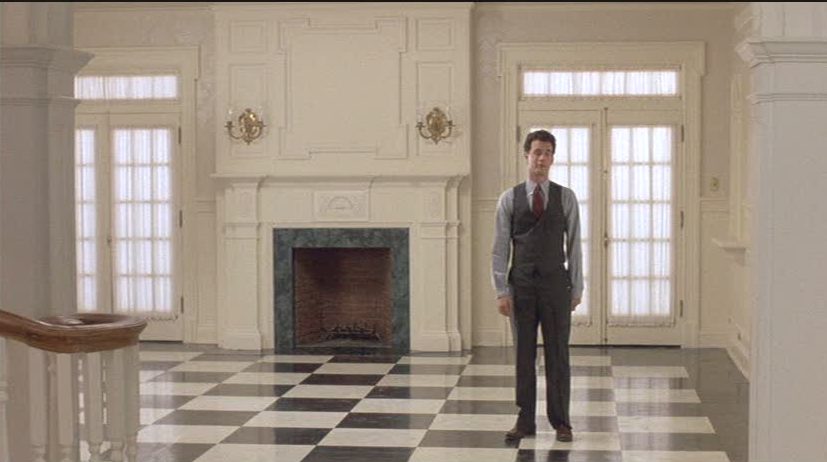
- Is it really worth it
Although this scenario does not apply if the contract is not contingent on a home inspection, it still outlines the importance of the inspection and an opportunity to ask yourself “Is it really worth it to buy the home”. The home inspection report gives you the ability to understand immediate costs associated to the property. Work with your realtor to figure out what kinds of requests you can and should make to get a better deal.
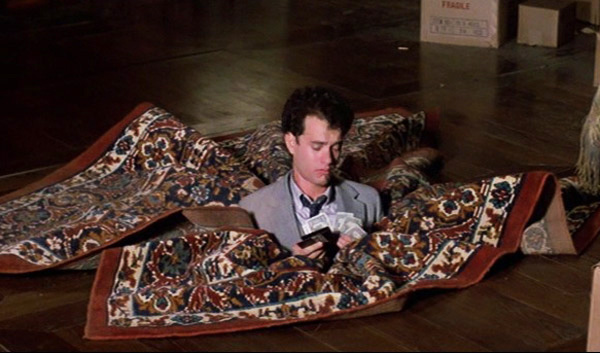
- Estimate future costs
A home inspector can estimate the age of major systems such as structure, roofing, plumbing, heating, and cooling, as well as critical equipment such as water heaters and other major appliances, every item in the house has a “shelf-life.” Knowing when they need to be replaced will help you make important financial decisions and decide what kind of home insurance coverage or warranties you should look at.
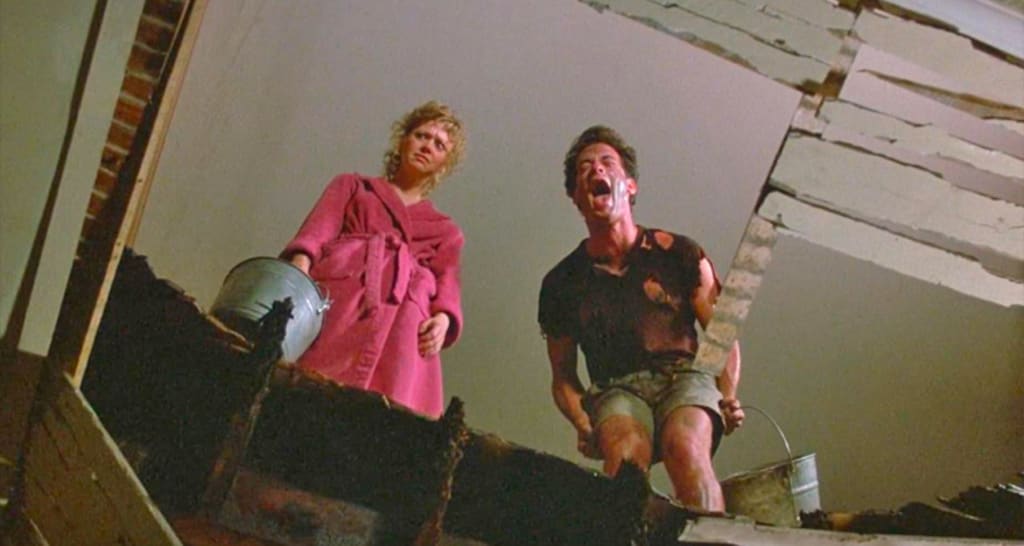
- Determine “Deal-breakers.”
The home inspector is only able to determine patent defects in the home, this becomes very important when assessing the homes condition because the more patent defects that are found during the home inspection the higher the likelihood there are just as many latent defects or more, in which case the best thing to do is “RUN”. If you are reluctant to pay to replace the roof or HVAC or do not want to fix issues like broken gutters, damaged walls or ceilings, then you’re not ready to give up your quest for a new home.

- Learn about your investment
The home inspector is an excellent source of information. They will provide detailed advice on what exactly the major concerns are and the most affordable way to fix them, estimate home repair costs and what fair prices are from Contractors, they can also provide home maintenance tips, potentially saving you thousands of dollars in the long run.

- Show the big picture
Buyers should always use the home inspection to learn the complexities of what might be their largest purchase ever. Buyers are drawn to a piece of property because of the color of the walls, the position of the building, and other non technical factors; they are totally oblivious to the problems that can transform that dream home into a nightmare.

- Insurance
Certain insurance providers may refuse to insure a home if such conditions are discovered or if certifications such as Wind Mitigation and four-point inspections are not present. Qualified home inspectors may perform these tasks concurrently with their other services, saving the home buyer time and money in the long run.
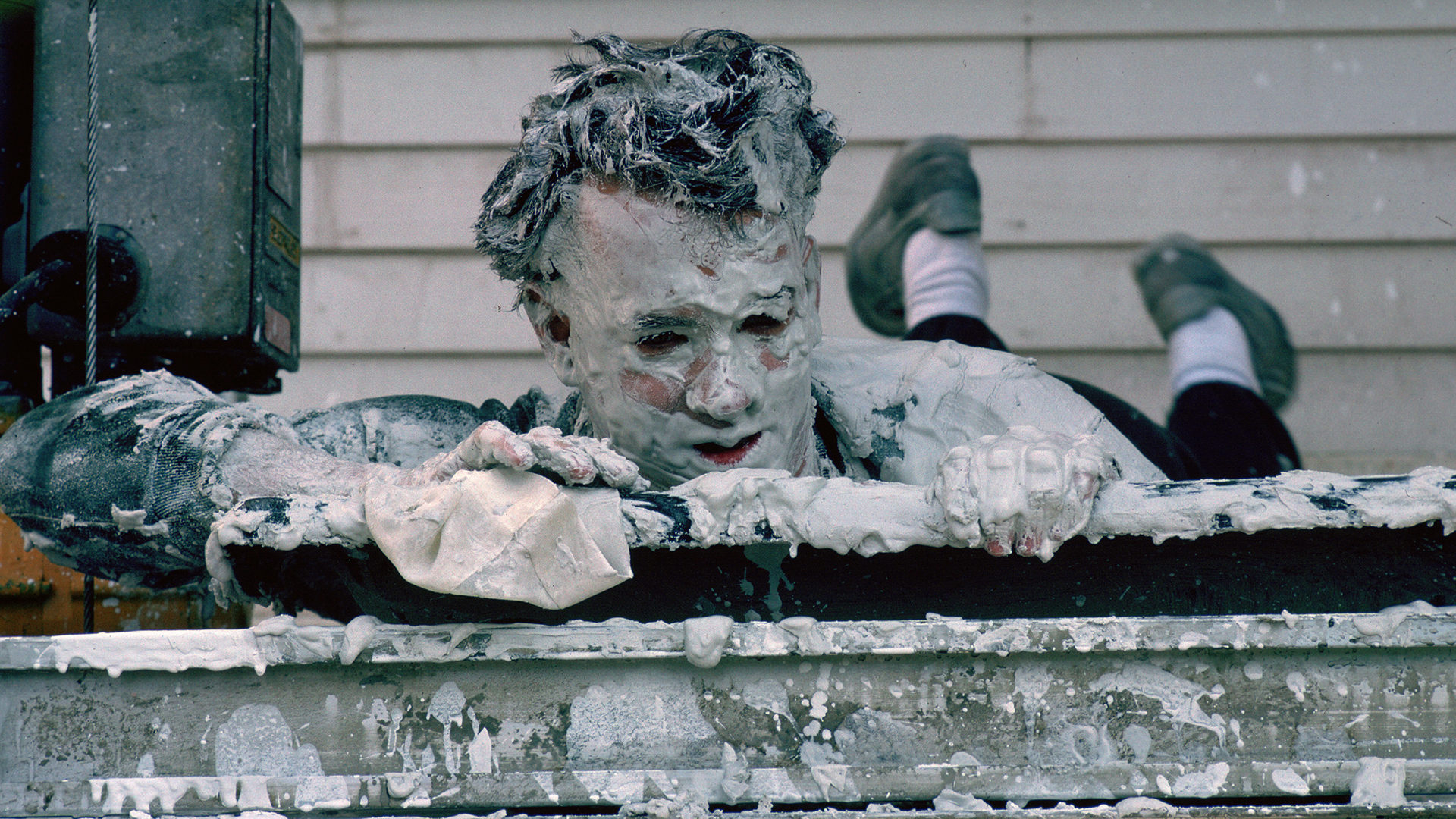
The bottom line
It is your duty to learn as much as possible about the home you will soon call your own. Home inspections expose the inner workings of a house, enabling you to be aware of all the benefits and drawbacks it has to offer. In normal real estate markets “as is” home inspections are common place, ask yourself if it is wise to waive a home inspection in a booming market?
This experience was created by;
Darren Dawson- Certified Master Inspector






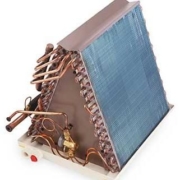
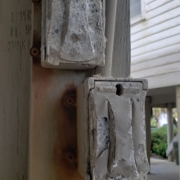




Leave a Reply
Want to join the discussion?Feel free to contribute!